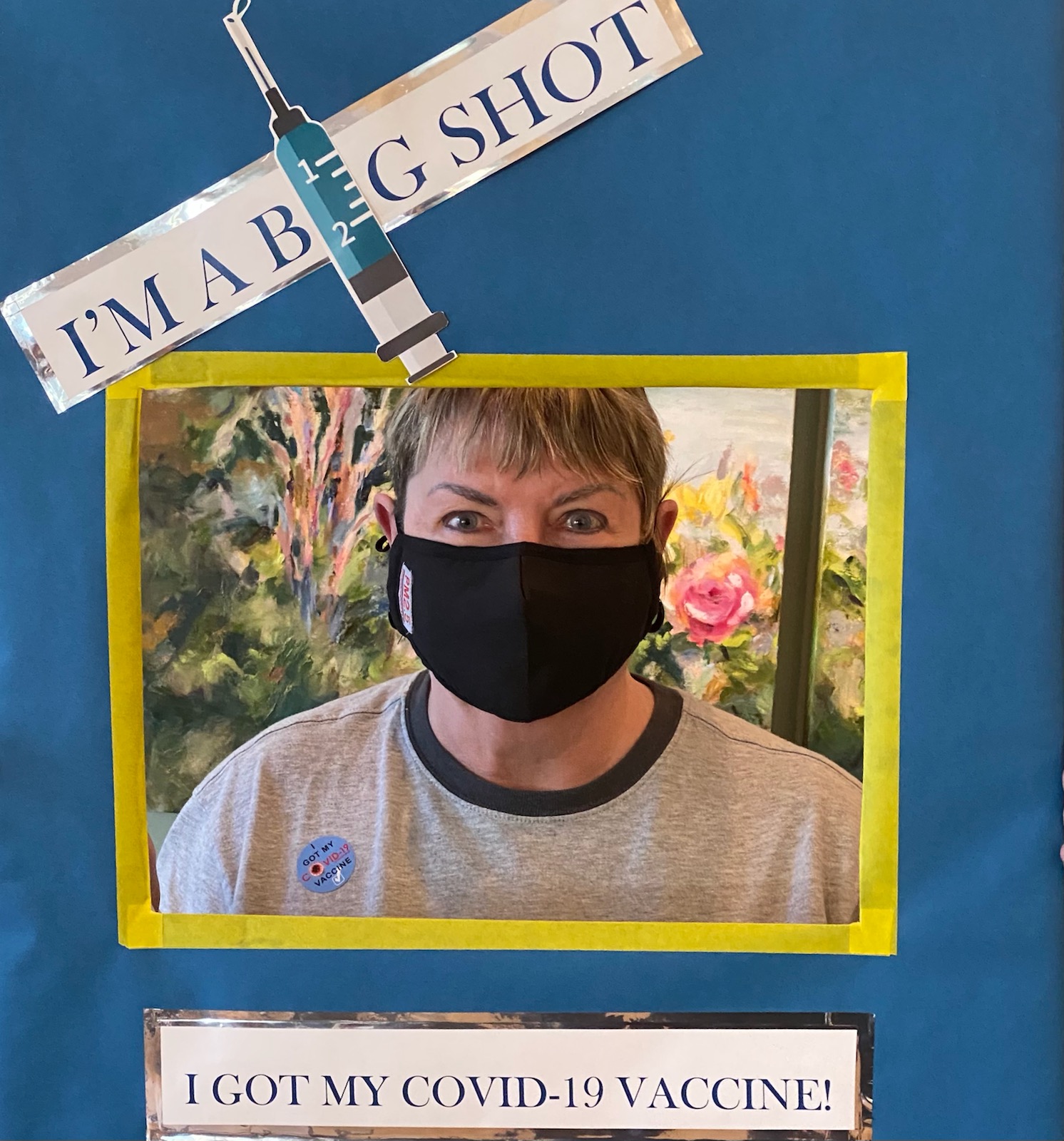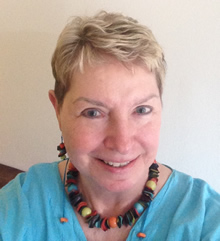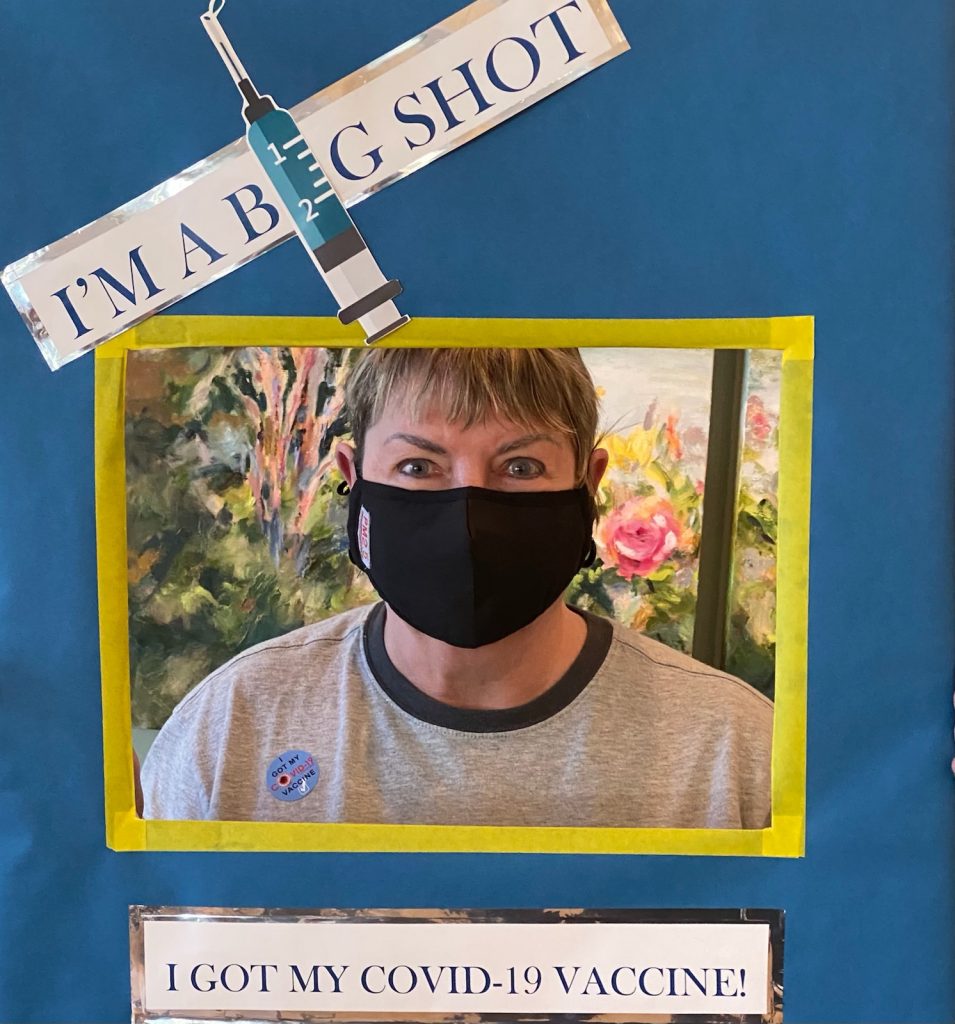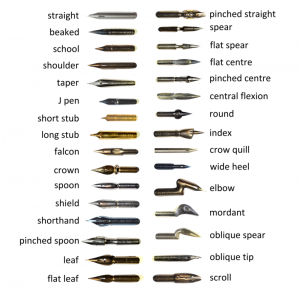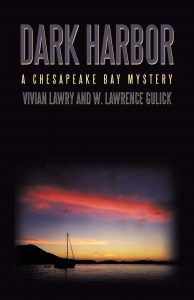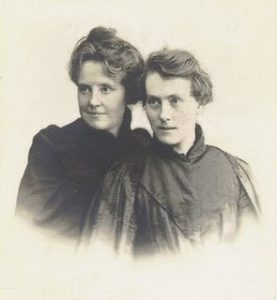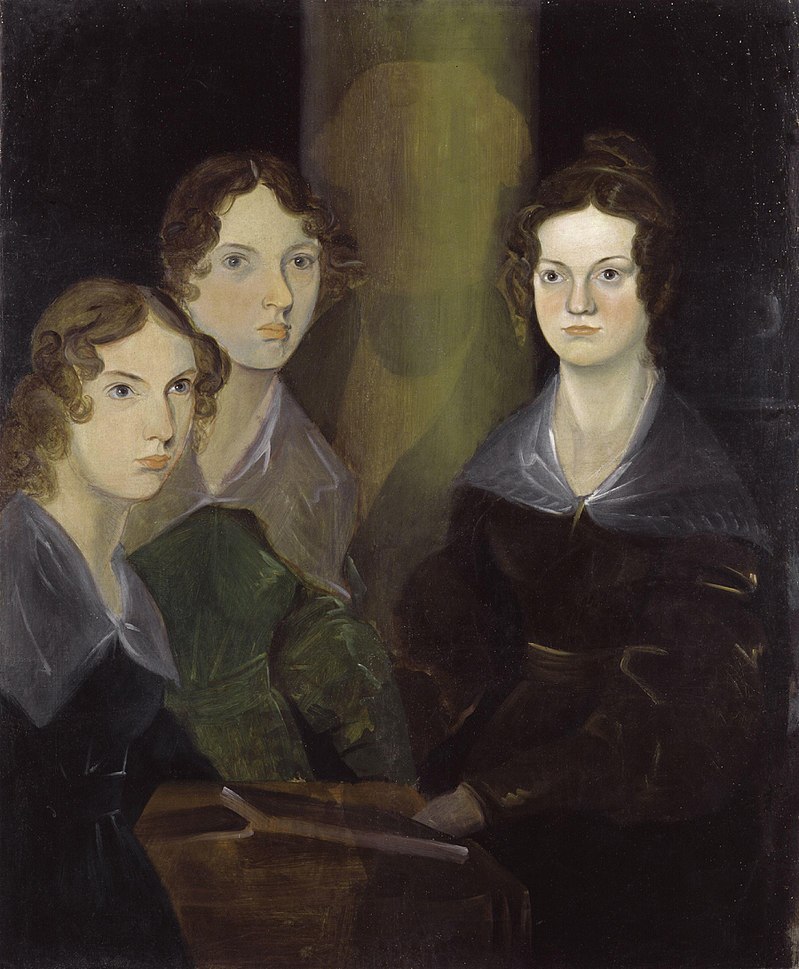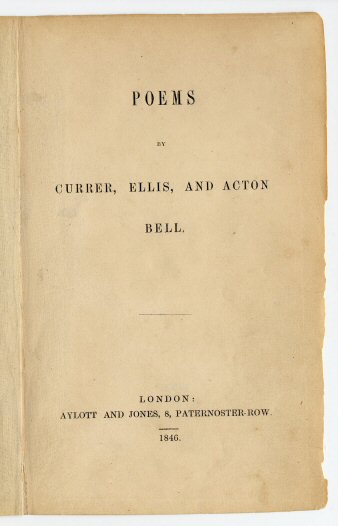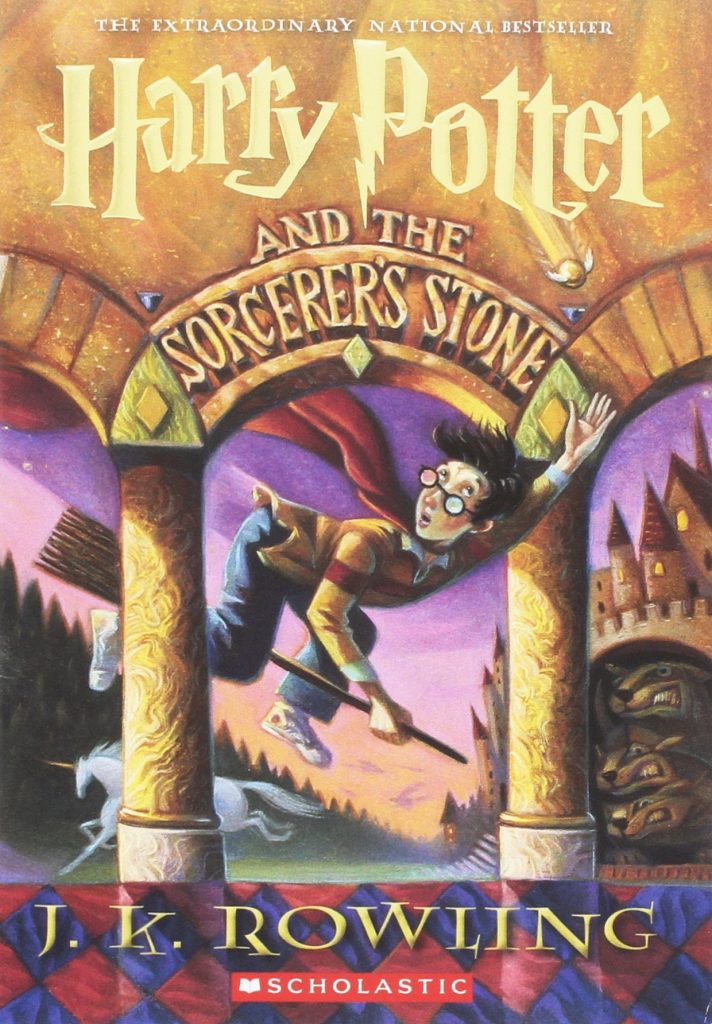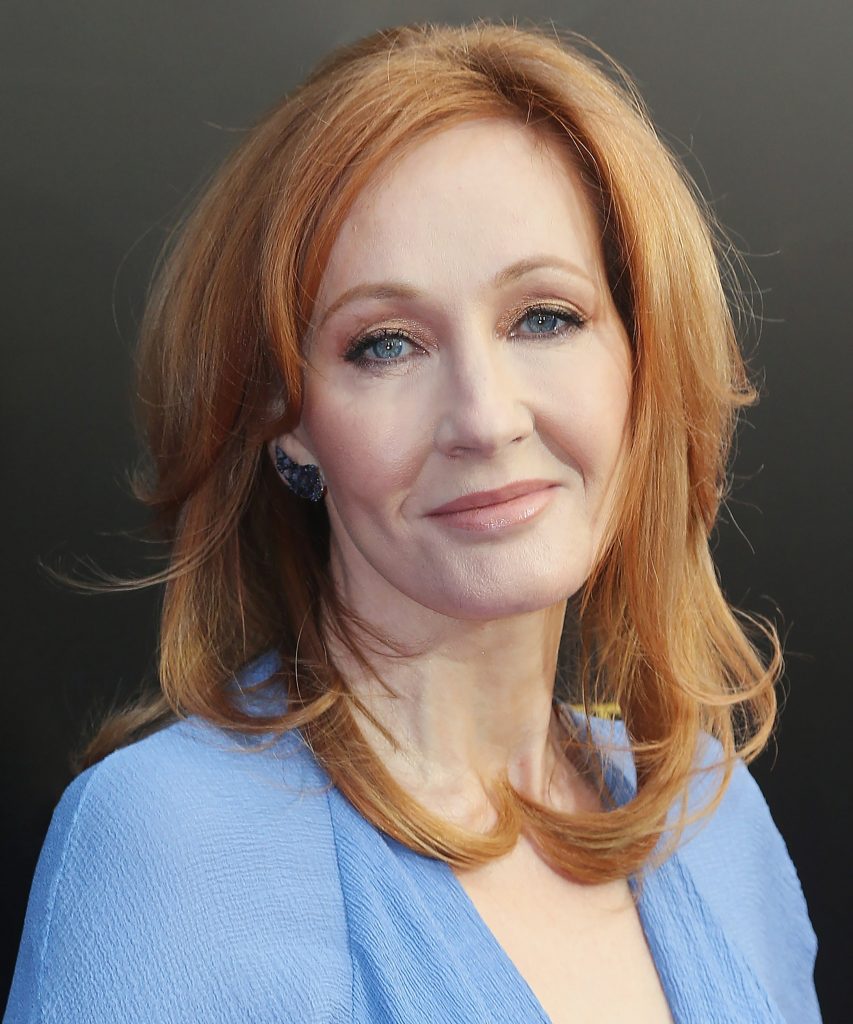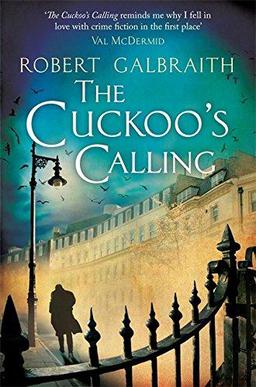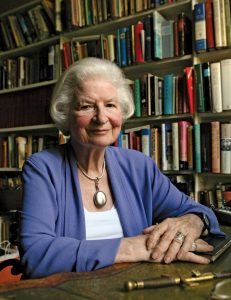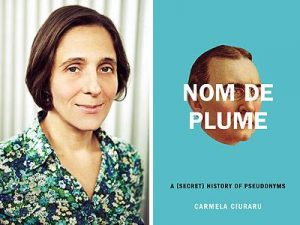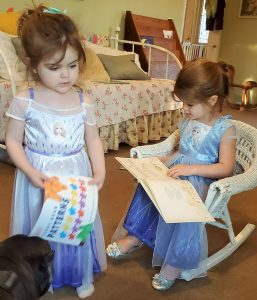Is there anyone out there who didn’t know that Vivian Lawry is the pen name of Vivian Makosky? Well, now you do.
There are many reasons why an author might choose to use a pen name. Particularly fancy authors might even use a nom de plume.
To Share Credit
My first attempt at writing fiction was the Chesapeake Bay Mystery Dark Harbor. The plot required a lot more knowledge of sailing than I possessed, and so I started working with a coauthor, Lawry Gulick. Most fiction books are not (obviously) coauthored, so we took the pen name Vivian Lawry.
When I started submitting short stories, I asked Lawry whether it was okay for me to use that pen name. He said, “Sure. This is the only fiction I’ll ever write.”
People more often than not mispronounce and/or misspell Makosky anyway. My professional (psychological) publications are by Vivian Makosky, and using a pen name for fiction allows me to separate the genres.
By the time Dark Harbor saw the light of day, I’d published numerous short stories as Vivian Lawry. Publishing the novel as Vivian Lawry would feel like plagiarism, as if I was claiming to be the sole author of the mystery. Hence, it ended up being coauthored after all, by Vivian Lawry and W. Lawrence Gulick.
Little did we know that shared pen names have been around for awhile.
- Katherine Harris Bradley and her niece, Edith Emma Cooper, shared the pen name Michael Field, as well as what appeared to be a lesbian relationship for more than forty years.
- Meg Howrey and Christina Lynch shared the pen name Magnus Flyte.
Perhaps they chose male pen names for marketing reasons as well.
To Bypass Gender Stereotypes
Charlotte, Emily, and Anne Brontë wrote as Currer, Ellis, and Acton Bell because, according to Charlotte, “…we had a vague impression that authoresses are liable to be looked on with prejudice.”
Many other women have written under men’s names in order to get published and/or to be taken seriously.
- Mary Ann Evans a.k.a. George Eliot
- Amantine Lucile Aurore Dudevant, a.k.a. George Sand
- Violet Paget, a.k.a. Vernon Lee, published travel writing, works about music, critiques of art, and supernatural fiction
To Jump Genres
Yet another reason to adopt a pen name is to publish in very different genres.
- Joanne Rowling has used pennames to confront both of these issues in the publishing world.
- Her editor suggested that a fantasy series published by a woman would only appeal to a female audience, so JK Rowling published the Harry Potter series and all the other books in the “Potterverse“
- She switched to Robert Galbraith for her 2013 crime mystery, The Cuckoo’s Calling
- Louisa May Alcott published Little Women under her given name
- She used the name AM Barnard to write gothic thrillers with unladylike subject matter
- Nora Roberts a.k.a. JD Robb
- When writing romance, she’s Nora Roberts
- When writing futuristic suspense, she becomes JD Robb
- Karen Blixen (Out of Africa) also used many pen names
- Isak Dinesen published Seven Gothic Tales
- Pierre Andrézel, The Angelic Avengers
- In German-speaking countries, she is sometimes published as Tania Blixen
- Katherine Burdekin first published under her own name
- She switched to Murray Constantine when she published several science fiction works
- Alice Bradley Sheldon was known as a graphic artist, painter, and art critic
- She took the pen name James Tiptree, Jr. for her science fiction books
Indeed, many publishers advise writers established in one genre to take a different name for a different genre so as not to confuse or frustrate loyal readers.
To Improve Marketing
And not to be overlooked, some authors choose a pen name or use only initials purely for marketing purposes. Besides JK Rowling and PD James, consider these three:
- Sean Thomas became Tom Knox, then SK Tremayne
- Steve Watson publishes as SJ Watson
- Christopher Gortner publishes as CW Gortner
For more on this topic, pick up Nom de Plume: A (Secret) History of Psuedonyms by Carmela Ciuraru. That’s not a pen name – the author really is named Carmela Ciuraru.
Downside of Pen Names
Yes, there is a downside. If one chooses to keep two (or more) writing names, and to keep them separate, it multiplies the workload: separate blogs, separate websites, separate social media accounts…
And one can’t handily promote the other!
For those of us who have a “private” name and a pen name, visibility is often lost: people know me as one or the other. In spite of leakage over time, personal friends and family members sometimes forget my pen name, and often haven’t “liked” Vivian Lawry’s Facebook page. Thus, they don’t keep up with publications, talks, etc., even though they might be some of the best word-of-mouth advertising.
Bottom line: Think carefully before taking a pen name.
